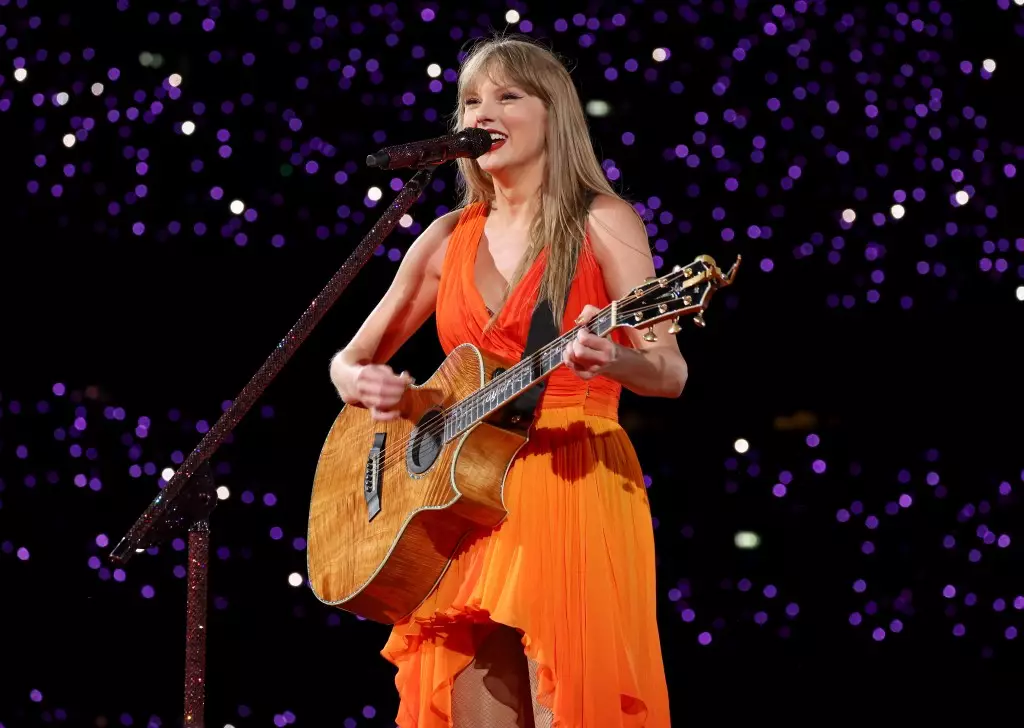The recent police escort granted to Taylor Swift during her Wembley Stadium concerts is a testament to the complex interactions between celebrity culture, government influence, and public safety. This year, as Swift captivated thousands with her record-breaking Eras tour, a series of events unfolded that led to discussions about the extent of protection to be afforded to one of the world’s biggest pop icons. Interestingly, this decision did not merely stem from standard protocols but rather from significant pressure applied by high-ranking officials including the Home Secretary and London’s mayor.
Typically, VVIP protection in the UK is reserved for high-profile governmental positions or members of the royal family. The intervention to extend these privileges to Swift raises questions about the balance between public safety and the expectations placed on government institutions by celebrities and their entourages. According to reports, the Metropolitan Police expressed reservations, citing their longstanding protocols regarding such security measures. This incident illustrates not only the high stakes involved when a global star visits but also delves into potential misuses of resources that could be allocated elsewhere within the community.
The backdrop to this situation was multifaceted. In addition to celebrity influence, there were economic implications tied to these concerts. Home Secretary Yvette Cooper expressed concerns over the potential economic fallout should Swift’s shows be canceled. Her remarks came in the wake of other unfortunate events and highlighted the broader significance of tourist attractions, particularly those related to prominent figures, in boosting local economies. The assertion that Swift’s tour could contribute as much as £1 billion to the UK economy cannot be understated and forced officials to reconsider their stance on providing security.
A Tapestry of Risks and Responsibilities
Swift’s mother’s reported threats to cancel the shows after an alarming security incident in Vienna — where a suicide bomb threat had been averted — reflect the interconnectedness of entertainment and safety. This particular instance served as a grim reminder that, despite the glitzy surface of celebrity spectacle, underlying threats can cast shadows that even widespread adoration cannot stave off. The tragic event surrounding a Swift-themed yoga class in northern England only intensified scrutiny over public safety amidst high-profile performances.
Ultimately, this scenario is a cultural reflection indicative of a society increasingly blurred between admiration for celebrity and concern for public safety. Taylor Swift, as an artist, is emblematic of a generation fixed on larger-than-life personas, yet the resultant attention raises practical challenges for authorities. The demand for heightened protection not only speaks to Swift’s stature but also underscores a fundamental query: how does society balance the privileges extended to those whose art holds the power to unite millions while safeguarding the very fabric of public safety?
This article serves as a microcosm of the ongoing discourse regarding celebrity influence, government responsibilities, and societal expectations—complex layers that require thoughtful navigation in today’s landscape.

